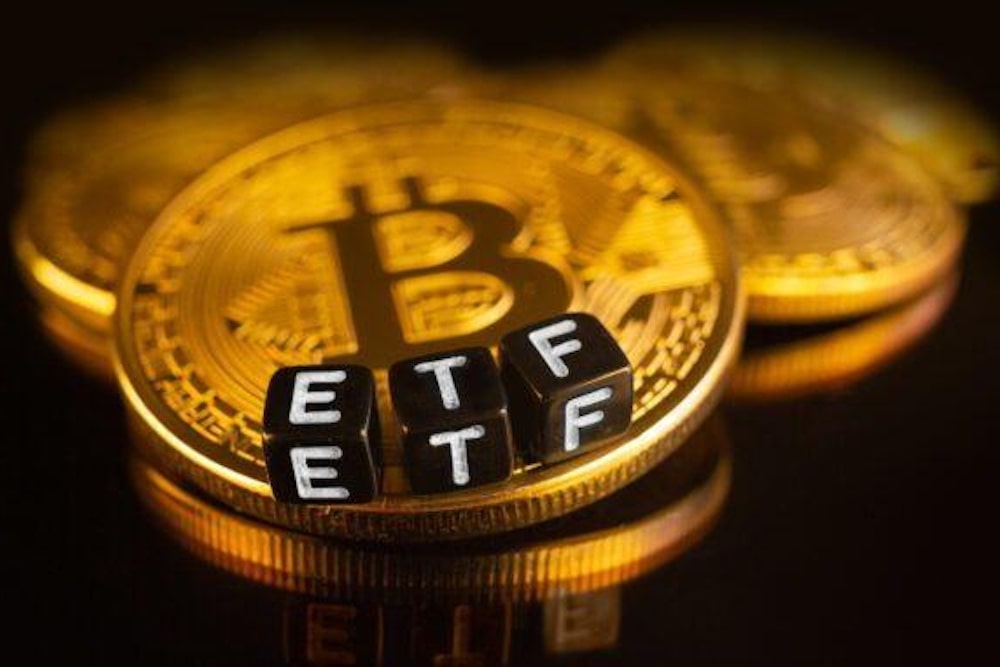Binance.US, the American arm of the leading crypto exchange Binance, has announced plans to resume USD services for its users by early 2025, according to the platform’s interim CEO, Norman Reed.
Binance.US Plans to Restore USD Service
According to a blog post, Reed noted that Binance.US is making significant progress toward reinstating USD services and aims to accomplish this by early next year. He said it is an essential step toward rebuilding user trust and stabilizing the platform’s operations in the United States.
“With 2025 approaching, our number one priority remains providing our community with the best experience and resources in crypto. To that end, we are focused on restoring USD services, so that users easily move money into and out of Binance. US. It is, without a doubt, the top-requested and most anticipated request from our customers,” Norman said.
The executive made several commitments concerning the return of USD service in the US, fueling optimism among its users. Additionally, the interim CEO said that Binance.US is committed to cementing its reputation as the “best crypto platform for low fees and high rewards.”
“Alongside the return of USD, we are committed to cementing our reputation as the best crypto platform for low fees and high rewards. We continue to offer unbeatable features such as 0% fee Bitcoin trading on BTC/USDC,” he added.
The interim CEO further noted that the crypto exchange supports trading 160 cryptocurrencies and 20 different crypto assets, more than any other major on-chain staking platform in the US.
As the firm plans to restore USD to the US, Reed stated users should expect new releases in the coming months as the platform continues to expand its product suite with features designed to help users do more with crypto. Also, it is leveraging new and impactful collaborations to improve the exchange’s infrastructure with expanded custody offerings, new wallet solutions, and other attractive benefits.
Binance & SEC Battles
Binance.US, launched in 2019, was created to offer regulated crypto trading services to US residents. However, in June 2023, the US Securities and Exchange Commission (SEC) filed a lawsuit against Binance, alleging that it had not properly registered Binance.US as an exchange.
Following the lawsuit, the exchange halted USD deposits but later implemented a temporary solution to facilitate such transactions. In October 2023, Binance.US revised its terms of service, announcing the discontinuation of USD support. In June 2023, the exchange had expressed its plan to transition into a “crypto-only exchange.”
In November 2023, Binance reached a $4.3 million settlement with the US government over allegations of sanctions violations, money laundering, and operating without a license as a money transmitter.









